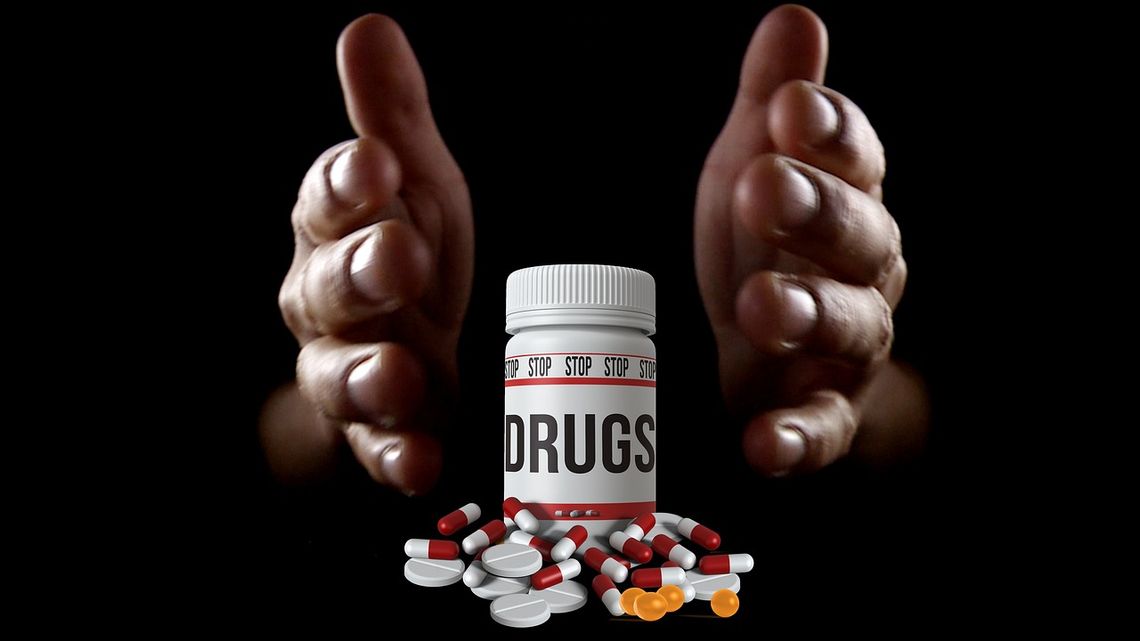The U.S. Drug Enforcement Administration is cautioning Mississippians about a significant surge in the trafficking of fentanyl mixed with xylazine, a potent sedative known as “Tranq.” Xylazine, an approved veterinary sedative by the U.S. Food and Drug Administration, is being increasingly found in illicit substances, raising serious health concerns due to its powerful effects on the central nervous system. It is crucial for individuals in Mississippi to be aware of the risks associated with this alarming trend and to seek help if they or someone they know may be affected by these dangerous substances.
Signs and Symptoms of Xylazine use
Drug rehab expert Andrew McKenna says medical professionals, parents, guardians, and loved ones should look for the following signs to help determine if xylazine / tranq was used. Note that this isn’t a comprehensive list—medical professionals are still learning more about its effects—and some of the symptoms overlap with those caused by other drugs.
Here are some of the signs of xylazine / tranq use:
- Blurry vision
- Constricted pupils
- Disorientation
- Drowsiness
- High blood sugar (hyperglycemia
- Low blood pressure (hypotension).
- Low heart rate (bradycardia)
- Shallow breathing (hypoventilation)
- Staggering
The Drug Enforcement Administration (DEA) highlights that individuals injecting xylazine or drug combinations containing xylazine are prone to developing soft tissue injuries. These injuries can progress to necrotic tissue, potentially necessitating amputation at higher rates compared to those injecting substances devoid of xylazine. Moreover, a significant concern is the potential for users to form a physical dependency on xylazine itself. Some users have described withdrawal symptoms from xylazine as equivalent or more severe than those experienced from heroin or methadone. These withdrawal symptoms may manifest as sharp chest pains and seizures, underscoring the dangers associated with xylazine use.
Overdoses associated with xylazine may be more challenging to identify in clinical settings. This is due to xylazine-induced symptoms mirroring opioid overdoses, leading to potential misdiagnosis. Moreover, standard drug screening tests often do not detect xylazine. Notably, there is no approved antidote for human xylazine poisoning. Unlike opioids, naloxone, a common overdose reversal agent, does not counteract xylazine's effects. Therefore, the presence of xylazine may hinder the effectiveness of naloxone. Nevertheless, naloxone administration can still help mitigate opioid-induced respiratory depression, potentially preventing fatalities.
In conclusion
Andrew McKenna says the number of drug overdoses in this country is staggering, and they continue to grow as drug cartels, traffickers, and dealers find creative ways to exploit people suffering from the disease of Substance Use Disorder. To combat this assault on our communities in Mississippi, we too must become more creative.
Traditional education and prevention work is important and must become more robust and better funded. Recognizing that addiction is a disease of the brain and not a moral failing is perhaps the most important starting point in lowering the stigma of addiction and encouraging people who are struggling to ask for the help they most desperately need. After all, it is a matter of life and death. And bear in mind, people can’t recover if they’re six feet under. We must continue the fight, practice self-care to avoid burnout, and always believe that there is hope.


Comment
Comments